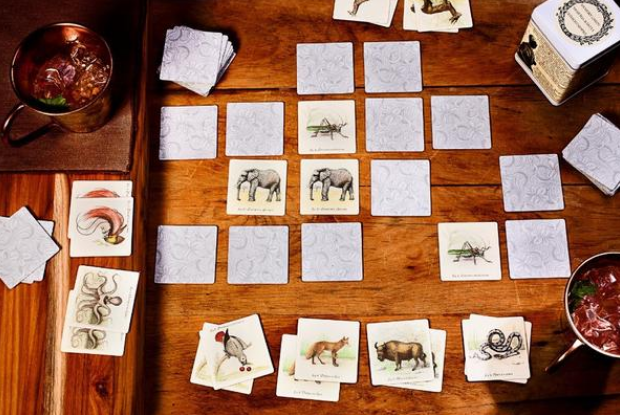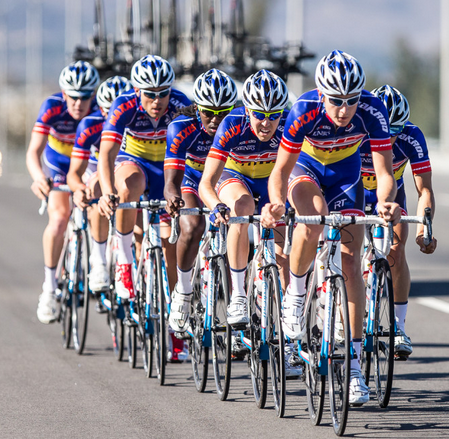Reinforcement Wisdom Games
Recently I’ve been working mostly from Costa Rica. Settling into the Central Valley has been a blast for Laraine and me. We’ve started a weekly gathering called the Weekly Wisdom Games to get together with people and play games that involve Stoic Philosophy principles, NLP, and Cognitive Behavioral strategies for making work and life better.

This weekend’s Weekly Wisdom Game focused upon quality of thinking and quality of emotional reactions and how the quality of our lives is based in the quality of our habits of being.
Have you ever noticed that when you make a mistake you respond with quick emotional contraction and say negative things to yourself inside your head? (or outside). Damn it! Most of us do.
These micro bad habits are left-over artifacts from growing up and being judged by other people while we were just trying to learn how to be humans. They are not very useful and they tend to build up into frustration which actually makes it harder to learn and perform better. Most of us know that we shouldn’t beat ourselves up, but we can’t seem to stop ourselves.
So we played the simple card game of Memory or Concentration that helped us install a better cognitive response strategy. We replaced the emotion and trash talk with the words “Tadaaa!” and a overly dramatic theatrical bow. Each time a player got a response that was incorrect in the game, they said out loud, “Tadaa!” and took a bow. The other players responded by saying “Great Learning!”

It wasn’t long before people were having a raucous fun time and were automatically replacing the negative feelings with positive playful feelings of learning.
It is not enough to know that it helps to be positive. We all already know that. In order to change our natural reactions we have to wire the new mental/emotional/behavioral sequence into our bodies and minds through repeated practice until it becomes a good habit. That is what playing Wisdom Games is all about. Learning can be fun and easy when it leads to new automatic behaviors.
If you are in the central valley come join us next Saturday. http://WisdomGameCR.com If not, why not get your own group of players together and help your brains slip into some habit that is a little more comfortable.



